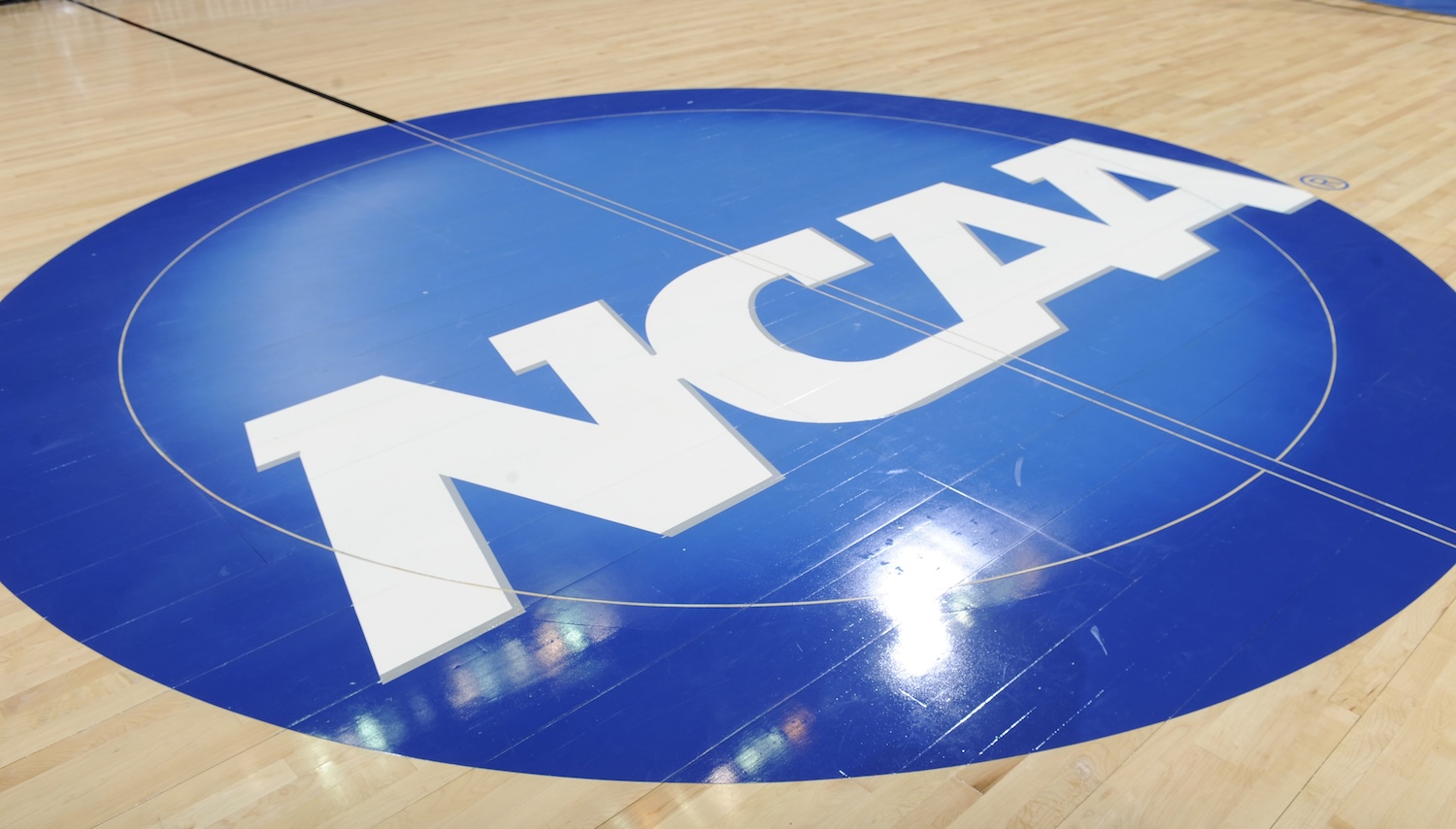The U.S. Department of Justice announced Thursday that it would be joining a civil antitrust lawsuit against the NCAA's Transfer Eligibility Rule, a lawsuit that specifically seeks to loosen restrictions around athletes' ability to transfer more than once without having to sit out for a year. The suit was originally filed in December in federal court in West Virginia by the attorneys general of Colorado, Illinois, New York, North Carolina, Tennessee, and West Virginia, with Ohio leading the way. Minnesota, Mississippi, Virginia, and Washington, D.C. joined the DOJ on Thursday.
Though the transfer portal has made it easier for college athletes to swap schools, NCAA regulations still dictate that undergraduate athletes who move more than once have to sit out for a year. It's been two years since the NCAA began allowing athletes to profit off of their names, images, and likenesses, while opening up the transfer portal and making it easier for athletes to move around. The NCAA clearly wants this to be enough—for someone else to pay their labor force for them, and for loosening movement restrictions to be just enough concessions to keep regulators from, well, regulating. Though athletes can get paid now, the fundamentally exploitative student-athlete model is still in place and the dynamics remain the same. NIL is ameliorative, not transformative.
It is encouraging then that the feds are continuing to chip away at the NCAA, even after they've made concessions. So far, it's working. Shortly after the seven-state version of the suit was filed, a judge granted a temporary restraining order that gave athletes who would have had to sit out immediate eligibility.
"We are proud to stand with our state law enforcement partners on behalf of college athletes across the nation," Jonathan Kanter, the assistant attorney general overseeing the justice department’s antitrust division, said in a press release. “NCAA Division I institutions compete with each other not just on the playing field or in the arena, but to recruit and retain college athletes. College athletes should be able to freely choose the institutions that best meet their academic, personal and professional development needs without anticompetitive restrictions that limit their mobility by sacrificing a year of athletic competition."
The lawsuit in question is neither the only such suit facing the NCAA, nor the most significant. In 2020 an Arizona State swimmer, a TCU basketball player, and an Illinois football player sued the NCAA seeking damages for college athletes who were unable to earn NIL revenue between 2016 and 2020; a judge granted them class-action status in November, which could cost the NCAA billions if they lose. "The 'AA' in NCAA might as well stand for 'arbitrary and atrocious,'" Ohio Attorney General Dave Yost said in December, when the initial suit was filed. The NCAA is clearly feeling the heat, and so it is trying as hard as it can to keep from being regulated, with NCAA president Charlie Baker even proposing the outline of a plan where some athletes would be directly compensated. Imagine that: college athletes getting paid for their labor, by management.






